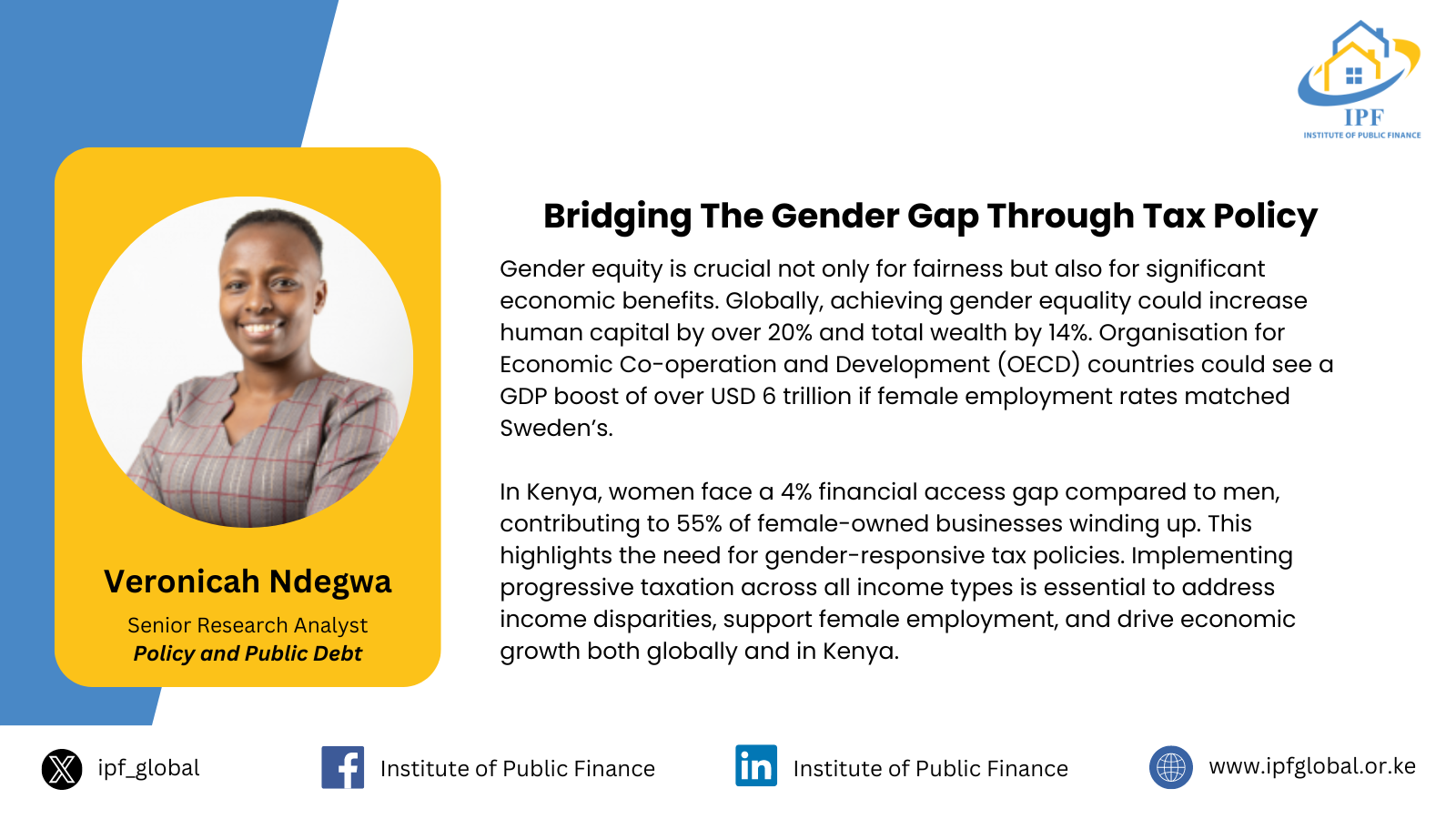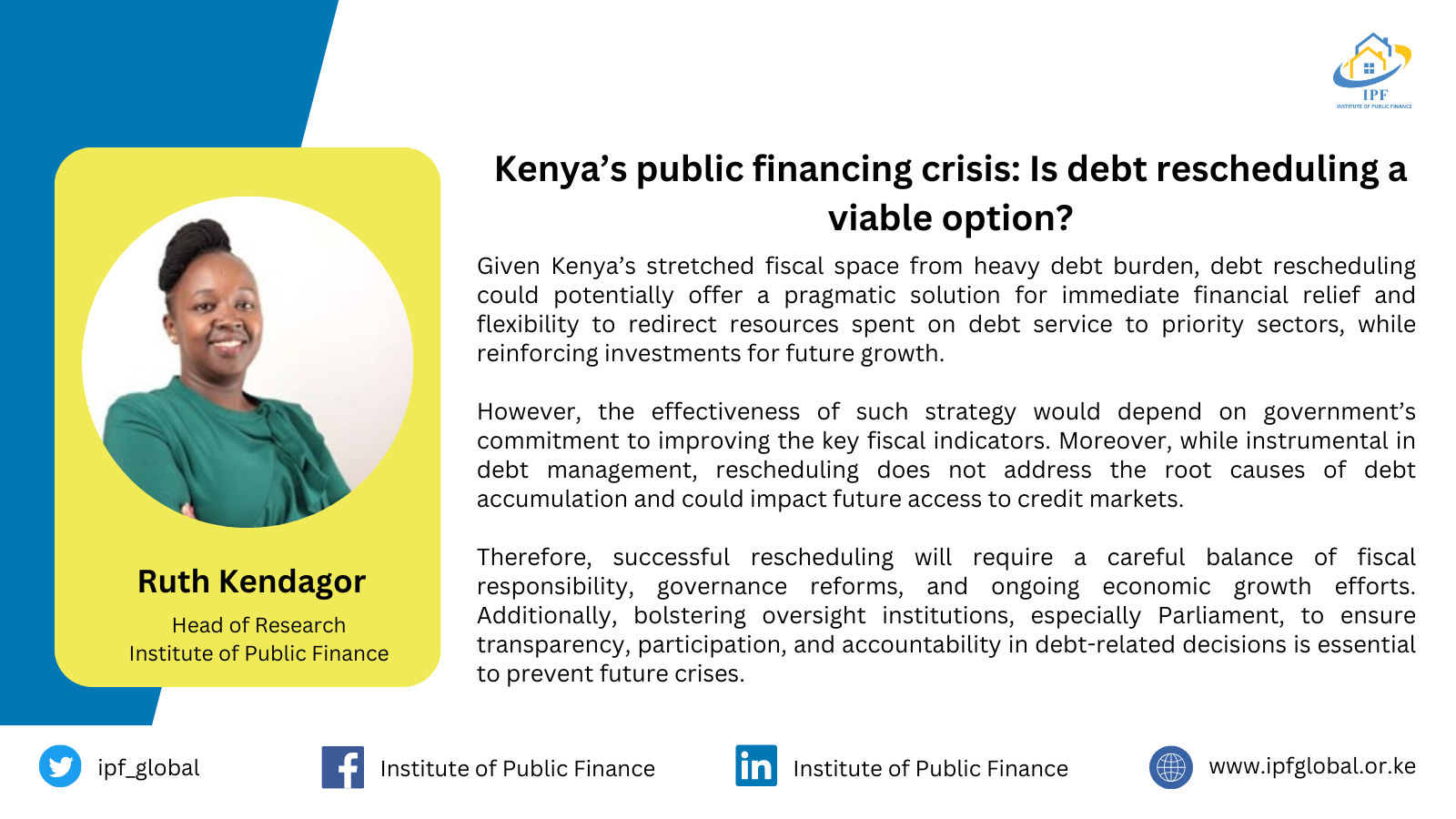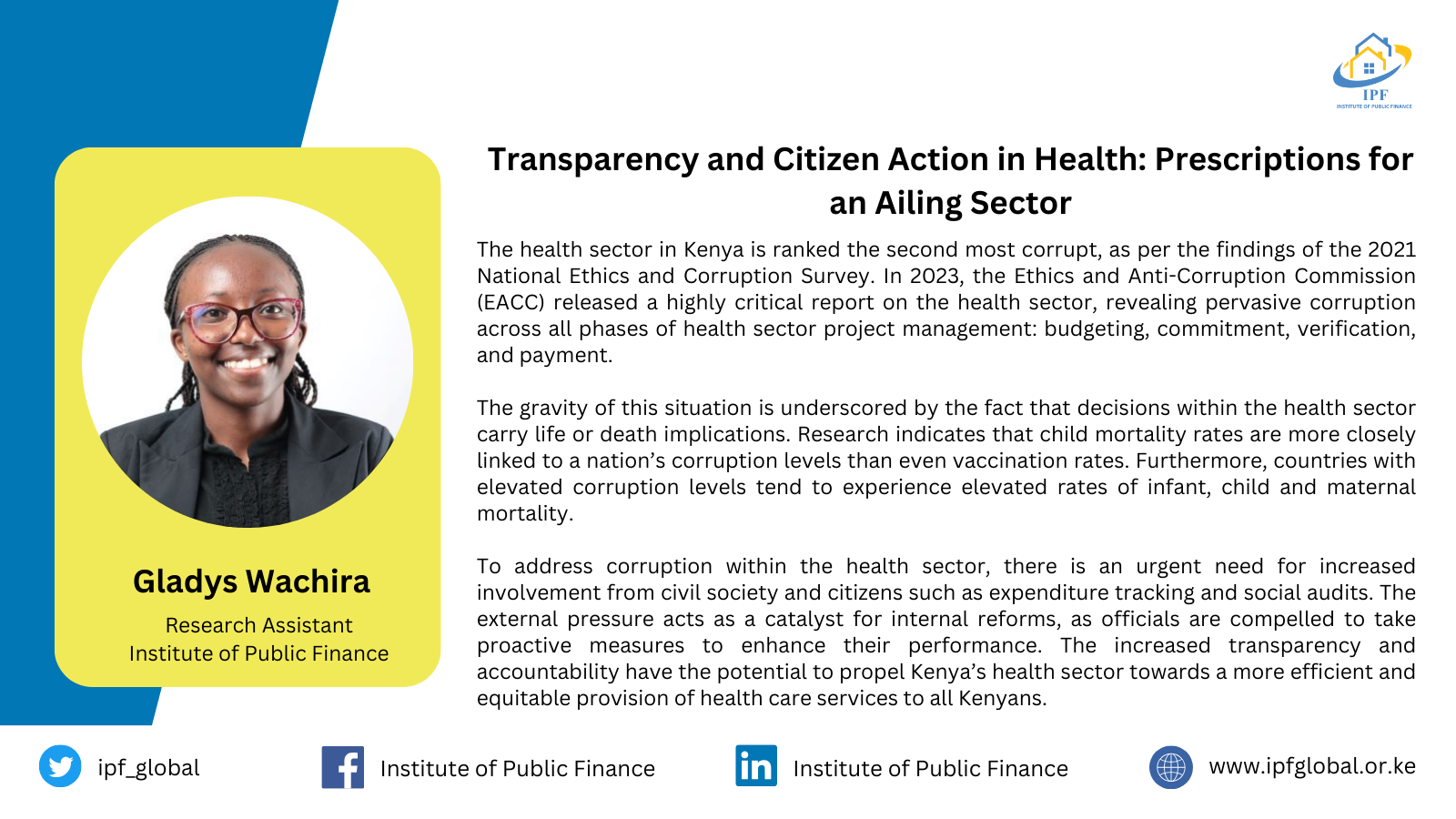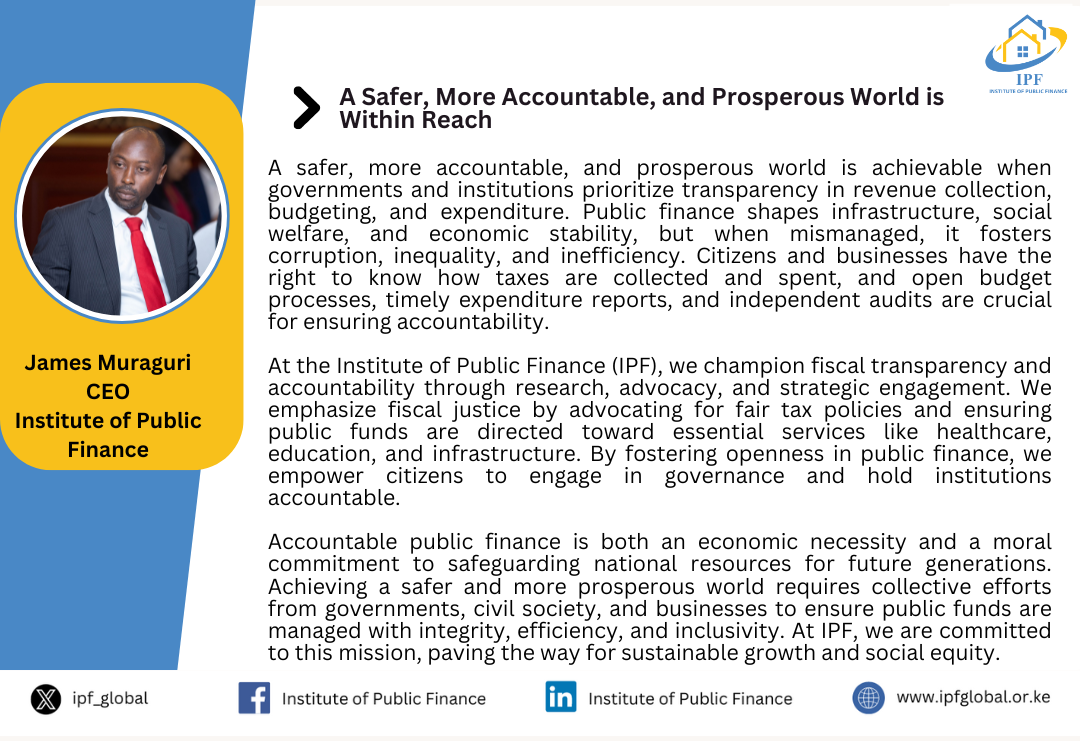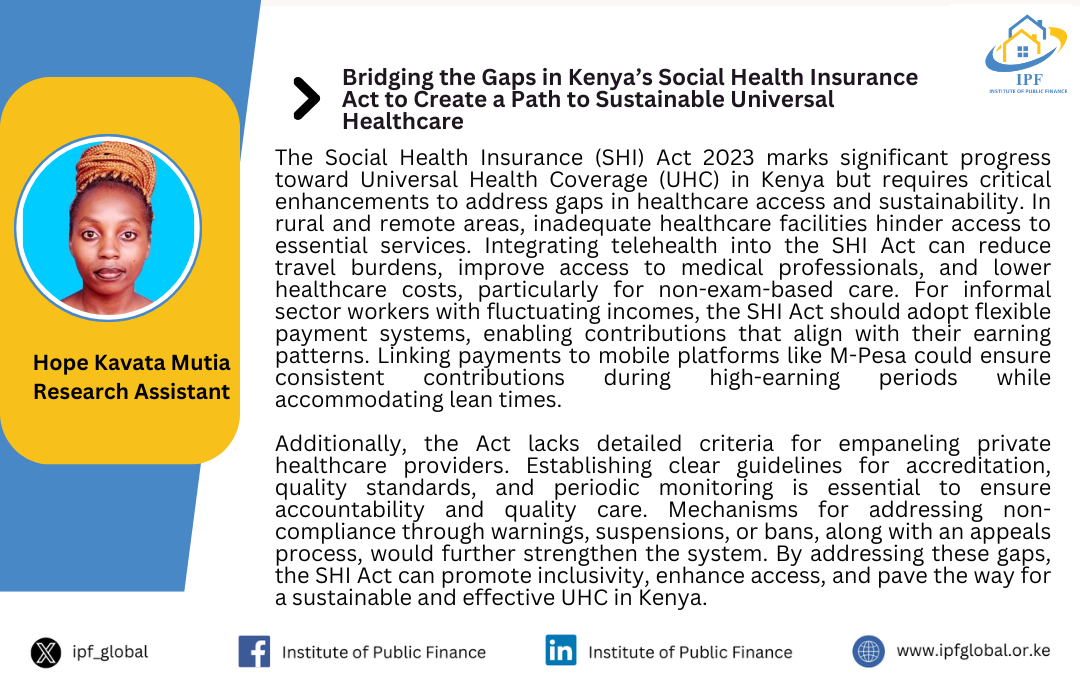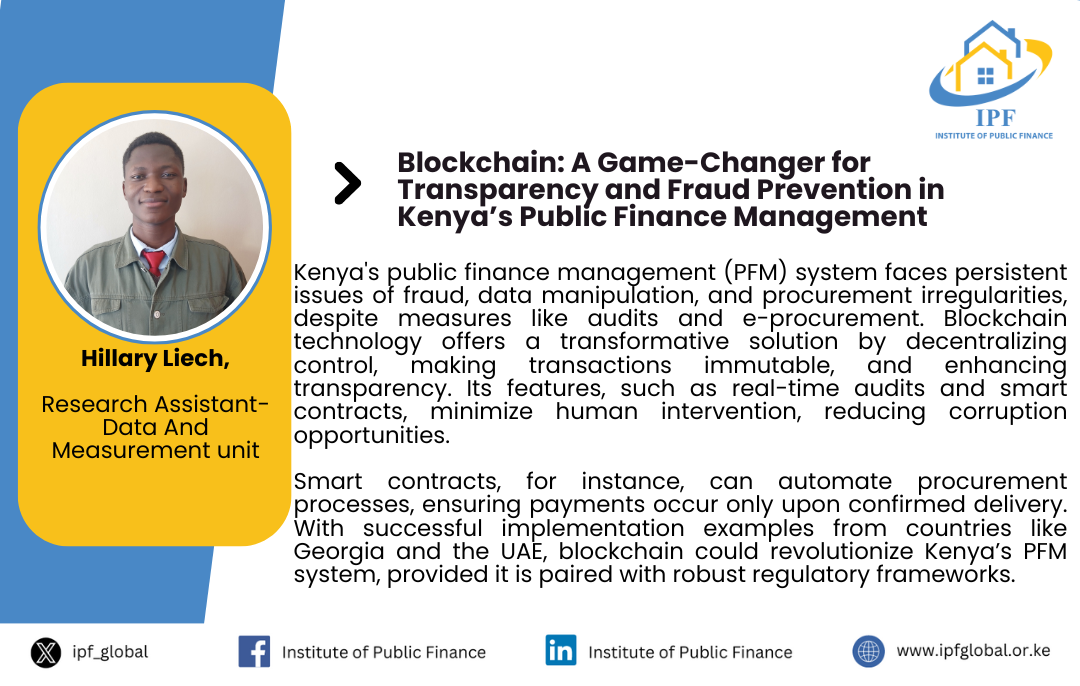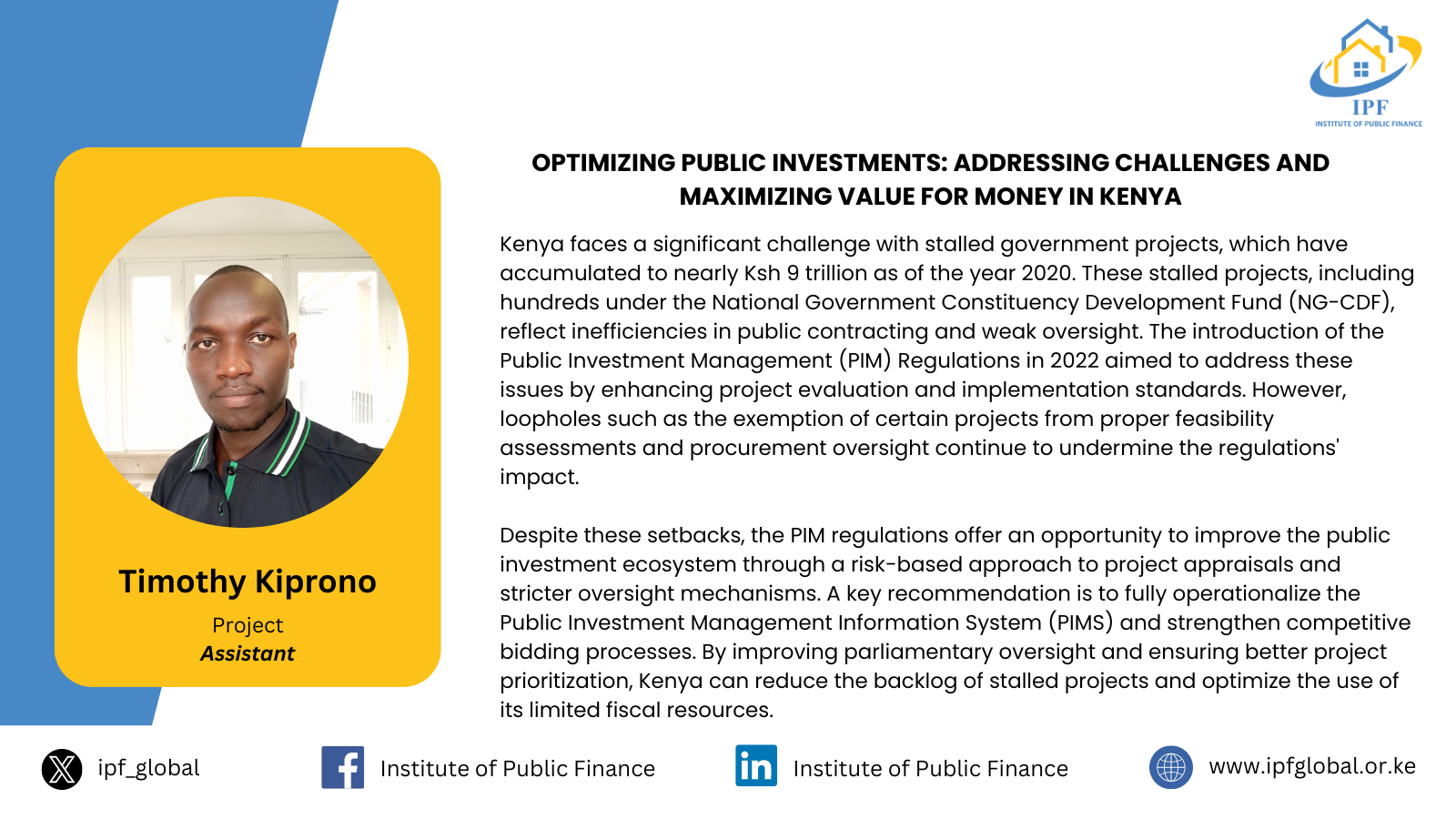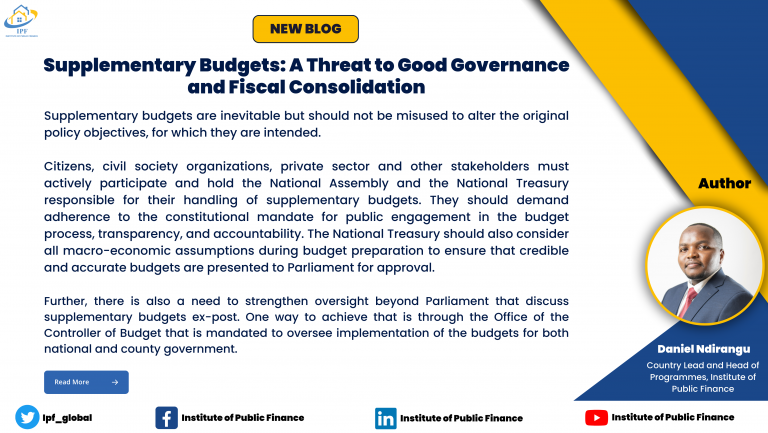
Every year, the executive proposes, and parliament approves multiple supplementary budgets without exercising its oversight role effectively. These have consistently increased the overall budget each year: each revision has reduced revenue targets while increasing expenditure limits. The net effect of this behavior has been an average increase in the budget deficit by 26 percent every year in the last 6 years with dire consequences for the whole economy.
To be clear deficits are also caused by unrealized revenue targets. However, only an average of about 10 percent of the budget deficits reported between 2017 and 2022 were explained by low revenue collection. The supplementary budget is the main culprit: analysis of ordinary revenue performance between 2017 and 2022, shows that revenue projections are usually revised downwards to more realistic estimates in the supplementary budget, with an average revision of Ksh 110 billion every fiscal year while expenditure was actually revised upwards by an average of Ksh 142 billion each year, further widening the gap between revenue and expenditure by an additional Ksh 241 billion every year.
While changes to the budget during implementation are provided for in Article 223 of the Constitution of Kenya, the way that the government has typically used them goes against the spirit of our national values and principles. The Public Finance Management (PFM) Regulations emphasize that supplementary budgets are exclusively for unforeseen and unavoidable circumstances. Any expenditure that was known at the time the original budget was finalized should not be considered unforeseen. While in-year budget changes are necessary to respond to emerging issues, such provisions should not be misused as an opportunity to alter the original policy objectives or to introduce new projects or programmes without robust public participation and Parliamentary approval.
The 2022-23 Supplementary Budget I exemplify the above challenges. For example, the approach to food security and drought mitigation appears to be ad hoc and reactionary despite being predictable. The supplementary budget introduces a new policy through creation of a Department of Irrigation as a new service delivery initiative that is inconsistent with supplementary provisions. We also observe an arbitrary 60 percent increase in the Kenya Secondary Education Quality Improvement Project that is meant to increase financing for scholarships, which can neither be categorized as unknown or unforeseen. These are just a few of the budget changes in the supplementary budget that do not meet the requirements of the law.
Citizens’ efforts are also often nullified without meaningful public participation in the preparation and approval of the supplementary budgets. After 10 months of involvement throughout the budget formulation process, the original budget incorporates public priorities. But these are then revised contrary to what had been approved without further public engagement. This blatant abuse of a cardinal requirement by our constitution on public participation by both the National Treasury and the National Assembly should be challenged by citizens and civil society groups through petitions and submission to compel these two institutions to seek public views and consider them each time they are discussing supplementary budgets.
Snubbing fiscal consolidation efforts
The Kenya Kwanza government has suggested that it is keen to pursue fiscal consolidation to pave way for sustainable and balanced growth. It has, however, presented a supplementary budget that follows the tradition of expansionary policy, deferring consolidation. Instead of reducing the budget by Ksh 300 billion as promised, the budget was instead increased by Ksh 36 billion.
Furthermore, the government has opted for optimistic revenue projections which, taken together with increasing expenditure, will further augment the deficit. In IPF’s recommendations in the Annual National Shadow Budget, we recommended a conservative estimate for economic growth which would yield lower revenue estimates.
While the National Treasury projects a slower rate of economic growth in 2023 of 5.1% given the high food and energy prices, it has also projected to increase ordinary revenue by Ksh 366 billion to a total of Kes1.8 trillion, which will be the highest collection ever in Kenyan history. As noted above, however, Kenya’s actual revenue collections are consistently lower than the budgeted levels. Revenue collections for the first half of FY 2022/23 continue this trend: revenue was under collected by Ksh 11 billion. Clearly, the current administration still lacks realism about revenues, which may undermine fiscal consolidation.
Yet need to pursue fiscal consolidation is urgent and cannot be ignored. Citizens, civil society organizations, private sector and other stakeholders must actively participate and hold the National Assembly and the National Treasury responsible for their handling of supplementary budgets. They should demand adherence to the constitutional mandate for public engagement in the budget process, transparency, and accountability. The National Treasury should also consider all macro-economic assumptions during budget preparation to ensure that credible and accurate budgets are presented to Parliament for approval.
Further, there is also a need to strengthen oversight beyond Parliament that discuss supplementary budgets ex-post. One way to achieve that is through the Office of the Controller of Budget that is mandated to oversee implementation of the budgets for both national and county government. The COB has recently shown that it is monitoring supplementary budgets: pointing out that the Executive has introduced illegal expenditures and reallocated funds to projects that had been rejected during public participation. It should therefore be more aggressive in ensuring that in-year budget changes are consistent with the law and pursues policy objectives in the original budget before authorizing any expenditure.





